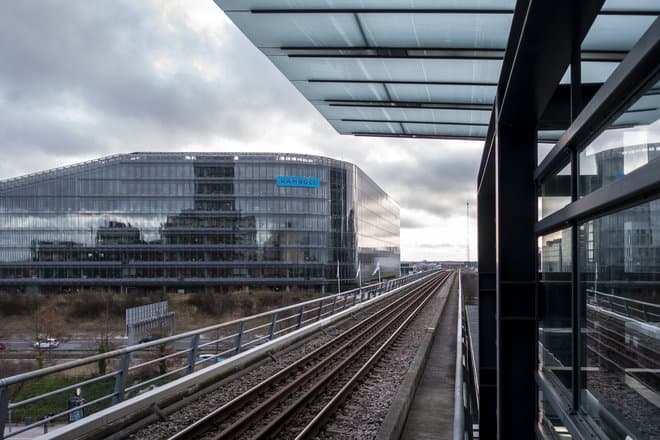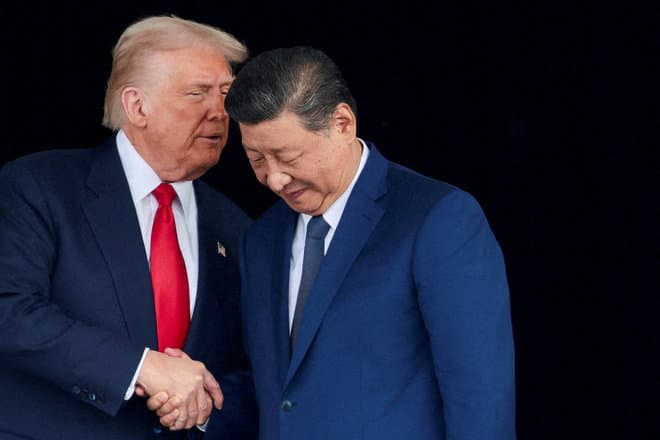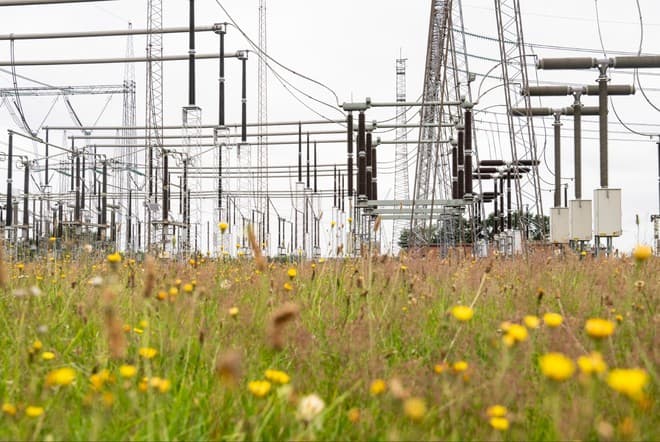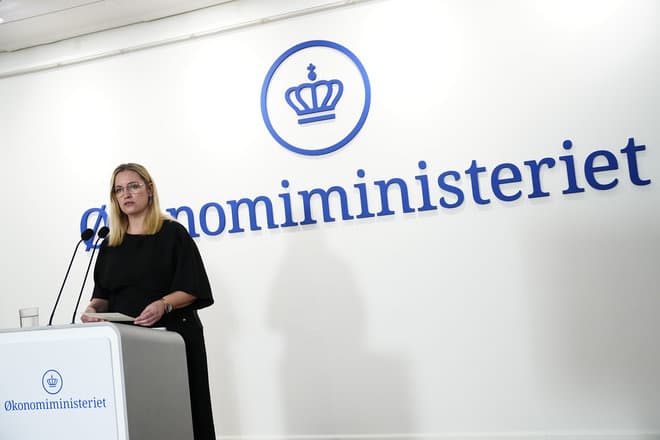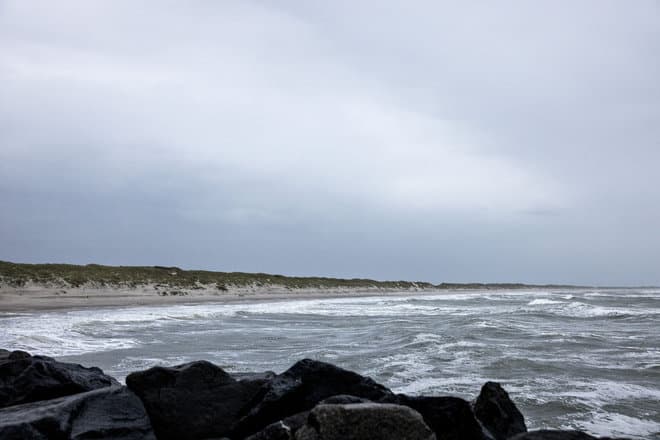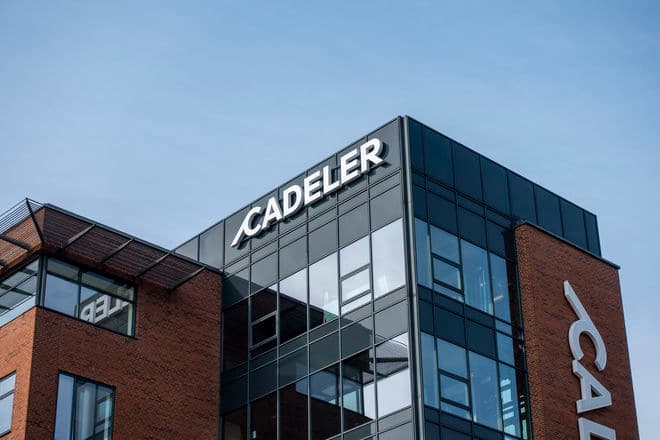
More electric cars in Danish households contributed to the fact that 2024 began with a very high electricity consumption. In January, Danes used more electricity than ever before, and in February a monthly record was also set. This is what Elnetselskabet N1 writes in a press release.
At the same time as electricity consumption increased, the more than 800,000 homes and businesses that Elnetselskabet N1 supplies with electricity were also introduced to tariff model 3.0. The new tariff model gives electricity consumers a financial carrot if they can put as much of their consumption as possible outside the peak load between 5 p.m. and 9 p.m. In particular, there is money to be saved if electricity consumption can be shifted to the night, where the grid tariffs – which are the price for transporting electricity to the sockets – are cheapest.
It is a positive incentive that many electricity consumers have responded to. In the first two months of the year, electricity consumption increased during the off-peak period from 00-06. This year, 20.8 percent of electricity consumption was during the night hours, while in 2023 and 2022 it was 19.4 and 18.2 percent, respectively.
- When we introduced tariff model 3.0, it was to move as much consumption away from peak load as possible, and we can see that it works. A large part of the explanation is that the number of electric cars is growing, and many charge them at night. But we also see the trend in households that have not yet switched to an electric car, says Lise Søgård Bering, CEO of N1.
In 2022, it was 21.3 percent. of the electricity used in the first two months of the year, which was at peak load between 5 p.m. and 9 p.m. Since then, the share has been steadily decreasing to 20.7 and 20.2 percent, respectively, in 2023 and 2024.
Concrete savings
It may seem like small jolts in consumption, but in the big picture it really means something. The new consumption habits mean that N1 can reduce the level of investment. N1 has just updated the company's network development plan, which describes the need for investments in the electricity grid over the next ten years. It shows that N1 will need to spend 1.9 billion DKK less than expected to expand cables and facilities in the electricity grid due to the changed consumption habits. However, the electrification of society still means that there is a great need to expand the electricity grid. Therefore, N1 expects to invest 18.1 billion DKK DKK in the electricity grid up to 2034.
- Tariff model 3.0 is a really good solution for electricity consumers. If they are aware of when they use electricity and set the dishwasher, electric car and washing machine to run at night, they will get a lower bill now and then. At the same time, it will be cheaper in the long run because we will have to spend less money on expanding the electricity grid and thus have to charge less in grid tariffs, says Lise Søgård Bering.
N1 switched from winter to summer tariffs on April 1, which meant that the grid tariff fell by around 50 percent in the period from 6 a.m. to midnight. This is because electricity consumption falls in the spring and summer, and there is therefore not as much pressure on the electricity grid. The winter tariffs will return again on October 1.
jel
Text, graphics, images, sound, and other content on this website are protected under copyright law. DK Medier reserves all rights to the content, including the right to exploit the content for the purpose of text and data mining, cf. Section 11b of the Copyright Act and Article 4 of the DSM Directive.
Customers with IP agreements/major customer agreements may only share Danish Offshore Industry articles internally for the purpose of handling specific cases. Sharing in connection with specific cases refers to journaling, archiving, or similar uses.
Customers with a personal subscription/login may not share Danish Offshore Industry articles with individuals who do not themselves have a personal subscription to Danish Offshore Industry.
Any deviation from the above requires written consent from DK Medier.




